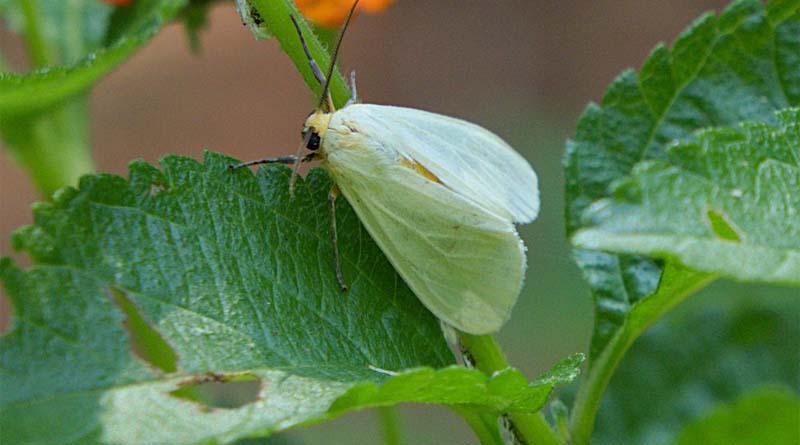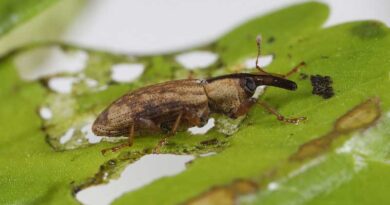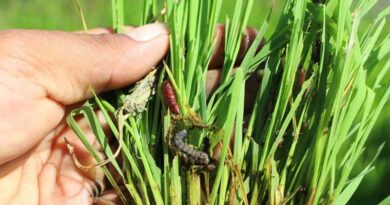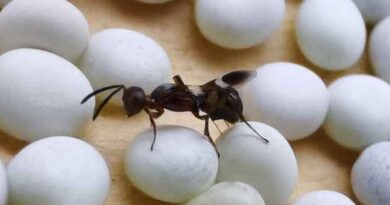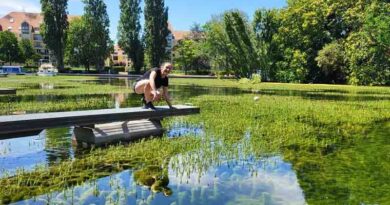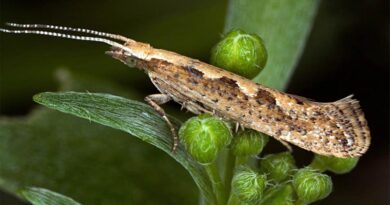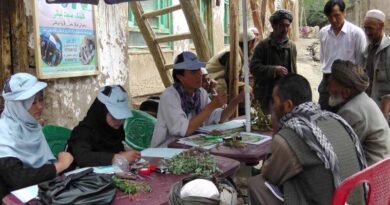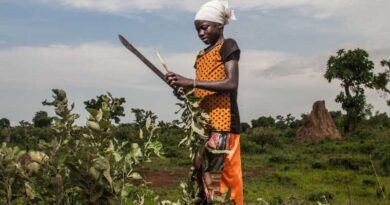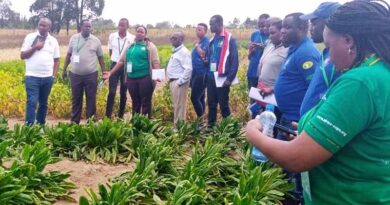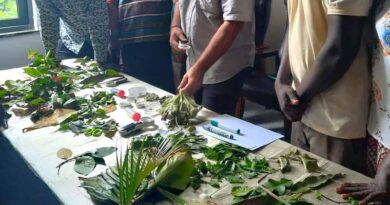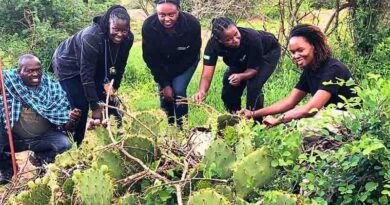Study demonstrates the value of citizen science to monitor natural enemy in fight against invasive Siam weed
15 August 2023, USA: CABI has led new research which demonstrates the value of using citizen science to monitor the establishment and spread of a natural enemy to fight the invasive shrub Chromolaena odorata – also known as Siam weed – in South and South-East Asia.
Dr Matthew Cock, a CABI Emeritus Fellow, used the iNaturalist.org platform to assess the establishment and spread of the moth Pareuchaetes pseudoinsulata which was released in six countries in South and South-East Asia to control C. odorata.
Dr Cock, together with colleagues from Australia’s Department of Agriculture and Fisheries and MIA Consulting, Utah, USA, found that – “adding to existing knowledge” – P. pseudoinsulata is established in Thailand and Vietnam and has spread to China, Cambodia and West Malaysia.
The researchers, whose findings are published as a short communication in the CABI Agriculture and Bioscience journal, say the results extracted from observations shared by citizen scientists on iNaturalist also confirm widespread establishment of P. pseudoinsulata in southern India and Sri Lanka.
They argue that iNaturalist can provide an additional source of information regarding the incidence and spread of introduced species, including biological control agents, but will be most effective where the subjects are readily identifiable from photographs.
Citizen science is described as scientific research conducted in participation from the general public who are sometimes referred to as amateur/non-professional scientists.
According to a ‘Green Paper on Citizen Science’, which was published in 2013 by the European Commission’s Digital Science Unit and Socientize.eu, participants “provide experimental data and facilities for researchers, raise new questions and co-create a new scientific culture.”
C. odorata is a weedy pioneering shrub native to the Americas, from southern USA to Argentina and has become one of the worst invasive plants in the Old-World humid tropics and subtropics.
P. pseudoinsulata was released in selected countries in Africa, South and South-East Asia and parts of the Pacific, and became established in parts of these areas.
For several releases of P. pseudoinsulata, the agent was reported not to have established (e.g. Thailand and Vietnam), or there have been no published follow-up studies to assess whether or not introductions were successful.
Dr Cock said, “This paper investigates the validity of some of these reports and also discusses the value of using citizen science to monitor the establishment and spread of weed biological control agents.
“The images shared by citizen scientists on iNaturalist confirm the presence of P. pseudoinsulata in several areas, including some where it had not been previously reported.
“Areas where it has been reported as established but there were no images to confirm this indicate opportunities for a more targeted citizen science project or some other form of on-the-ground truthing involving biological control researchers.”
Also Read: Appropriate farm scale mechanization can aid in agroecological transformation
(For Latest Agriculture News & Updates, follow Krishak Jagat on Google News)

